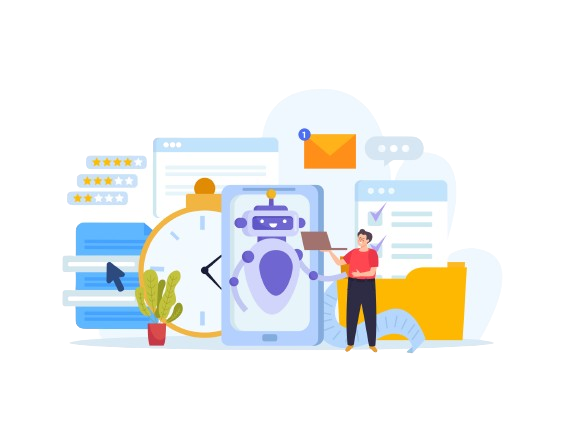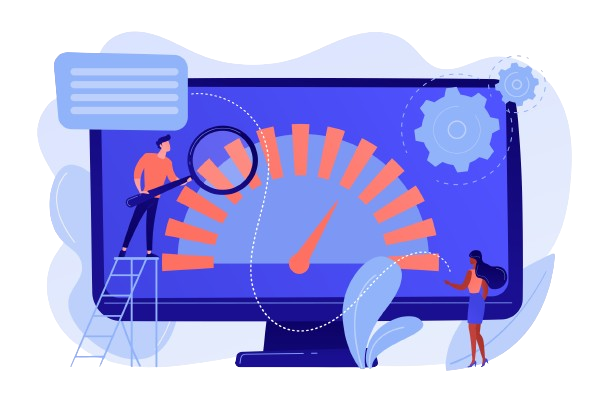Data Visualization
-
Introduction:
Explore the importance of visualizing data for effective communication and decision-making.
Key Concepts:
Understand basic principles of data visualization, including charts, graphs, and dashboards.
Tools and Technologies:
Learn popular tools such as Tableau, Power BI, and matplotlib for creating impactful visualizations.
Case Studies:
Analyze real-world examples to grasp the application of data visualization in various industries.
Statistical Analysis
-
Fundamentals:
Cover foundational statistical concepts like mean, median, mode, standard deviation, and hypothesis testing.
Regression Analysis:
Explore how regression models can be used to analyze relationships between variables.
Statistical Software:
Hands-on experience with statistical software like R or Python's statistical libraries.
Practical Applications:
Apply statistical analysis to solve business problems and draw actionable insights.
Machine Learning
-
Introduction to ML:
Overview of machine learning concepts, supervised and unsupervised learning, and key algorithms.
Implementation:
Hands-on sessions implementing machine learning algorithms using popular frameworks like TensorFlow or scikit-learn.
Model Evaluation:
Understand techniques for evaluating and improving machine learning models.
Real-world Applications:
Discuss how machine learning is applied in industries such as healthcare, finance, and marketing.
Big Data Analytics
-
Big Data Fundamentals:
Explore the challenges and opportunities posed by large datasets.
Hadoop and Spark:
Learn the basics of Hadoop and Apache Spark for processing big data.
Data Streaming:
Understand real-time data processing and streaming technologies like Kafka.
Use Cases:
Examine case studies showcasing big data analytics in industries like e-commerce and social media.
Predictive Analytics
-
Basics of Predictive Modeling:
Understand the fundamentals of predictive modeling and its role in forecasting.
Feature Engineering:
Explore techniques for selecting and transforming features for predictive modeling.
Time Series Analysis:
Learn how to analyze and predict trends using time series data.
Application Scenarios:
Showcase scenarios where predictive analytics can provide valuable insights, such as customer churn prediction and sales forecasting.
Data Warehousing
-
Data Warehousing Concepts:
Understand the purpose and architecture of data warehouses.
ETL Processes:
Explore Extract, Transform, Load (ETL) processes for data integration.
Data Modeling:
Learn techniques for designing effective data warehouse models.
Data Warehousing Tools:
Familiarize yourself with popular data warehousing tools like Amazon Redshift, Snowflake, or Google BigQuery.





